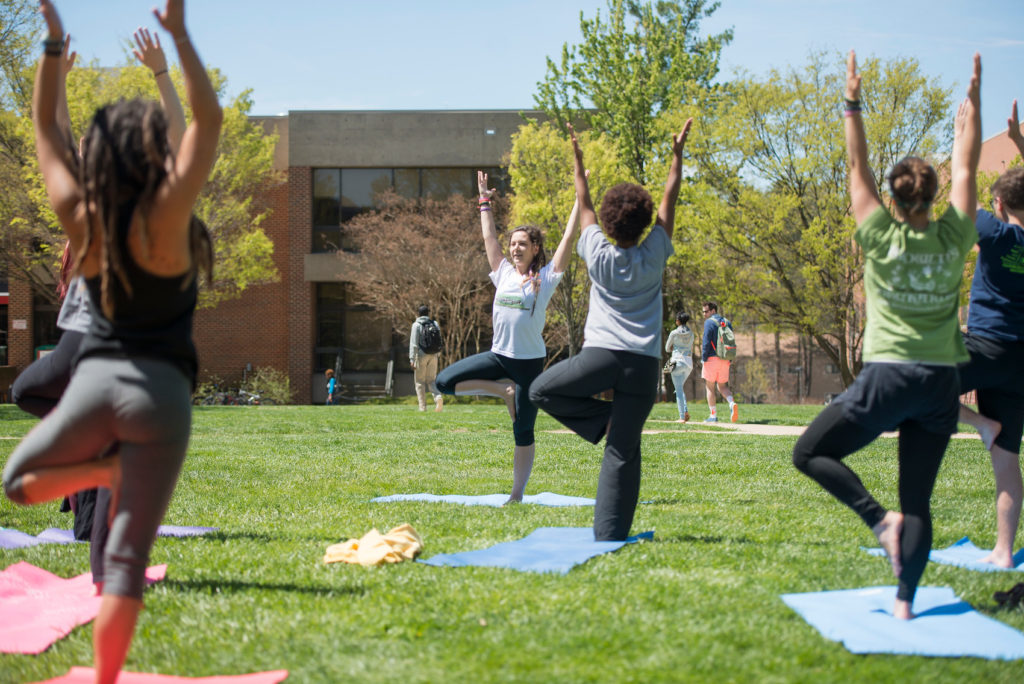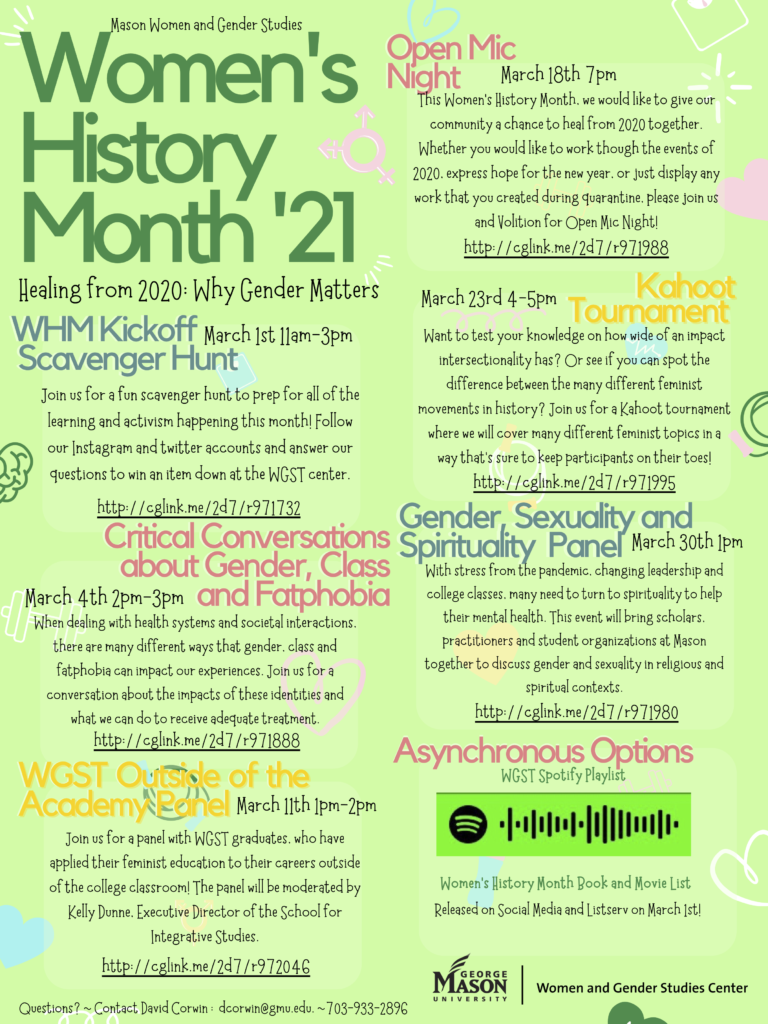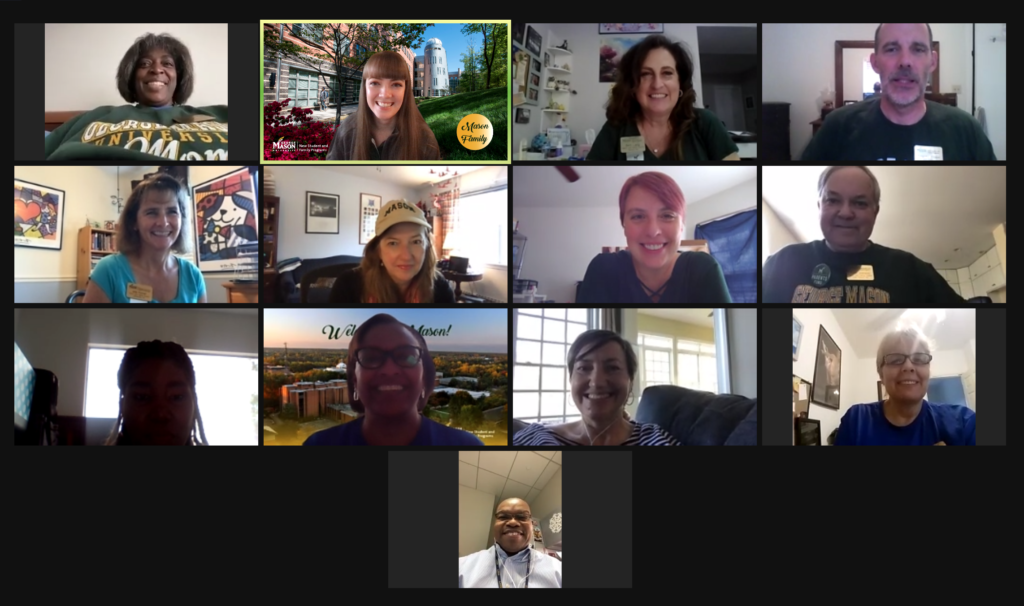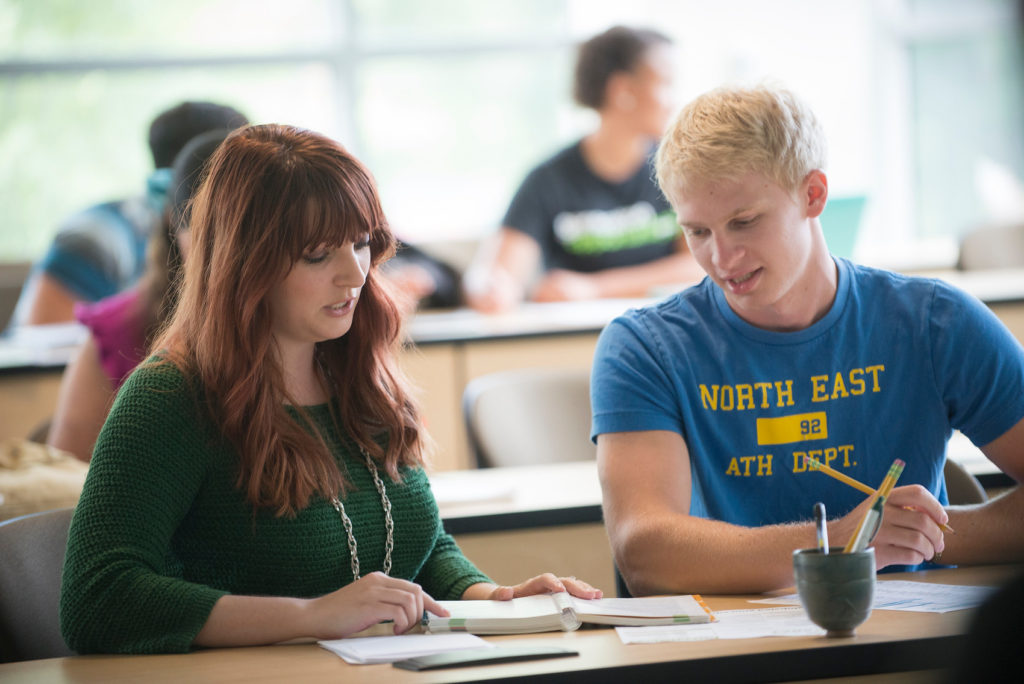 During the past year, we have had to readjust our lives in a multitude of ways in response to the COVID-19 pandemic. This includes altering the academic schedule and eliminating this year’s Spring Break.
During the past year, we have had to readjust our lives in a multitude of ways in response to the COVID-19 pandemic. This includes altering the academic schedule and eliminating this year’s Spring Break.
Spring Break is typically a time when Mason faculty, staff, and students are able to rest and recharge before continuing to move towards the end of the semester. For some, this week includes vacationing, traveling, spending time with family and friends, or simply relaxing at home. However, due to pandemic protocols, a lot of these activities are no longer able to be performed as they once were.
Additionally, the Mason community is expected to continue classes and work as usual during what would normally be Spring Break. Because of this, the Office of the Provost, the Office of the Senior Vice President, and Mason’s Faculty Senate leadership designated this week (March 8-12) as “Mason Meeting Free Week” – an attempt to help Mason faculty and staff focus on their well-being and help alleviate their workloads. Even though Mason Meeting Free Week mainly affects administrative meetings for faculty and staff, there are resources available for students to help them prioritize their mental-health and well-being:
Racial Healing Circles: Racial Healing Circles (RHCs) are designed for community building and racial awareness by focusing on health, well-being, agency, inclusion, and our common humanity. For more information, visit wellbeing.gmu.edu/resources/racial-healing-circles. Circles are available for all Mason students, faculty, staff, and alumni. Online RHCs will be held on the following dates, and your student can register at docs.google.com/forms/d/e/1FAIpQLScLHOb9vdJrK1Mgi3spjc_h_j5PXsal6nUToThqrDmSWpwgTQ/viewform.
– March 29; 2-5 p.m.
– April 13; 9 a.m.-12 p.m.
– April 19; 2-5 p.m.
Mental Health First Aid Training: This training provides information about the signs and symptoms of common mental illnesses and strategy for connecting with those who demonstrate these indicators. The free training is 8 hours and will be split into two, 4-hour Zoom sessions. After successful competition, participants can earn a 3-year certification through the National Council for Behavioral Health. The sessions will be held on the following dates, and your student can register at www.eventbrite.com/e/mental-health-first-aid-part-of-hfe-programming-march-25-and-april-1-tickets-139541344919.
– March 25; 1-5 p.m.
– April 1; 1-5 p.m.
Mindful Mason Moments: These free, 30-minute online mindfulness sessions help Mason students, faculty, and staff take a mindful break in their day to contribute to positive well-being practices. These sessions take place at 12 p.m. every week day from now to May 14. Your student can join any of the sessions through this link: gmu.zoom.us/j/99936517619#success.
For more information on well-being opportunities for your student, visit wellbeing.gmu.edu.
Samaria Moss
Graduate Assistant
New Student and Family Programs
*To receive more articles like this straight to your inbox, sign up for the Mason Family Association at gmu.edu/mason-family-association.


 The
The 